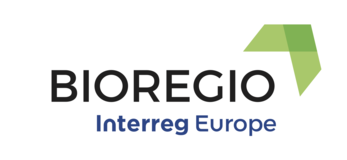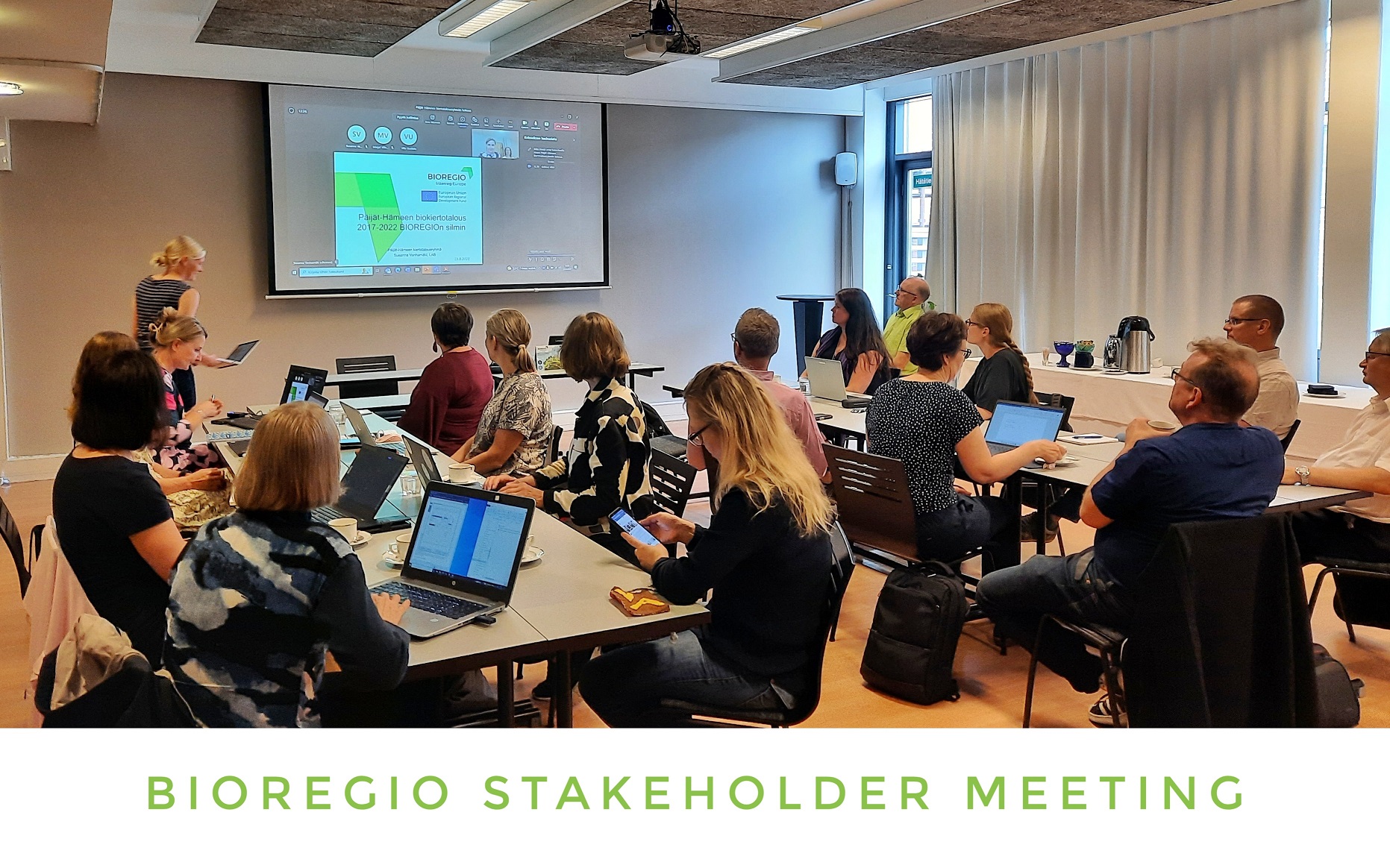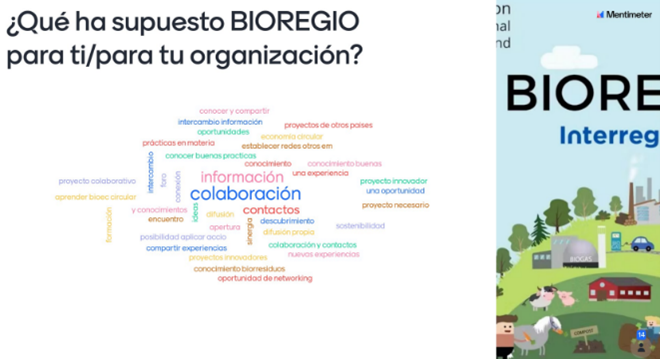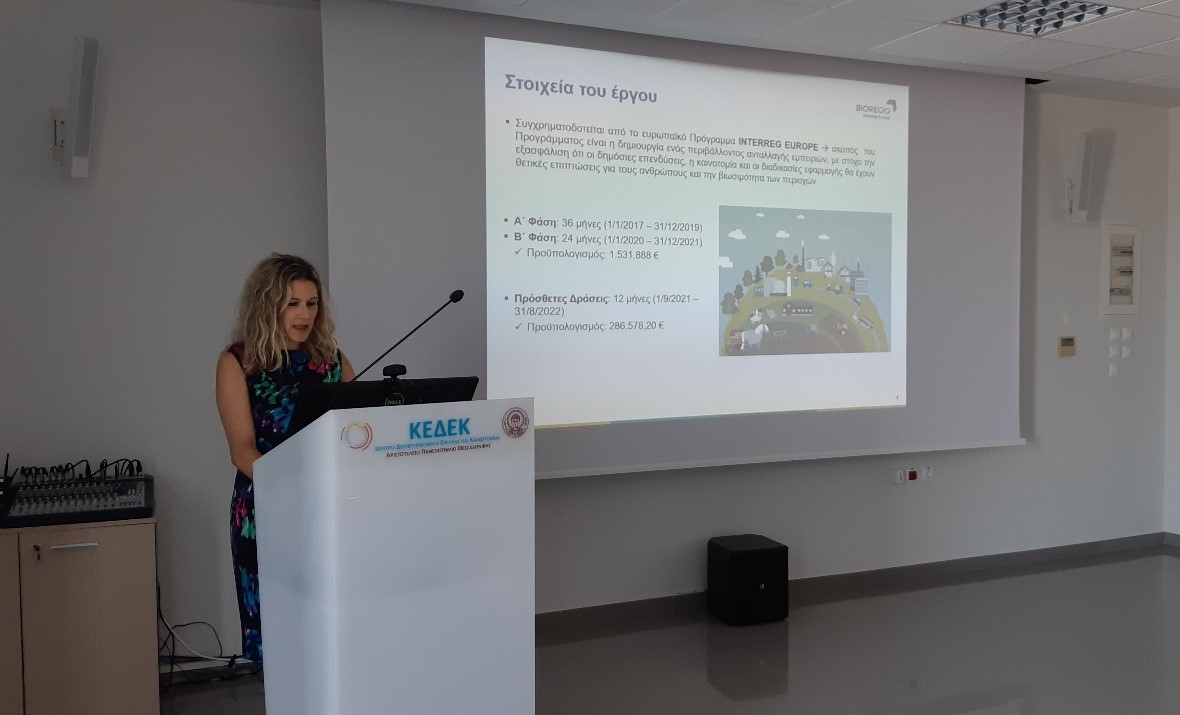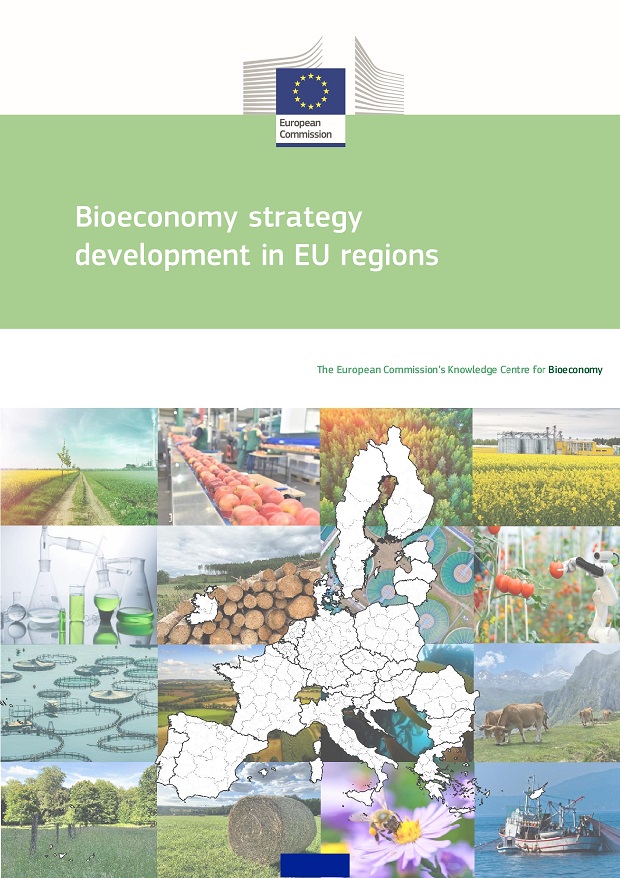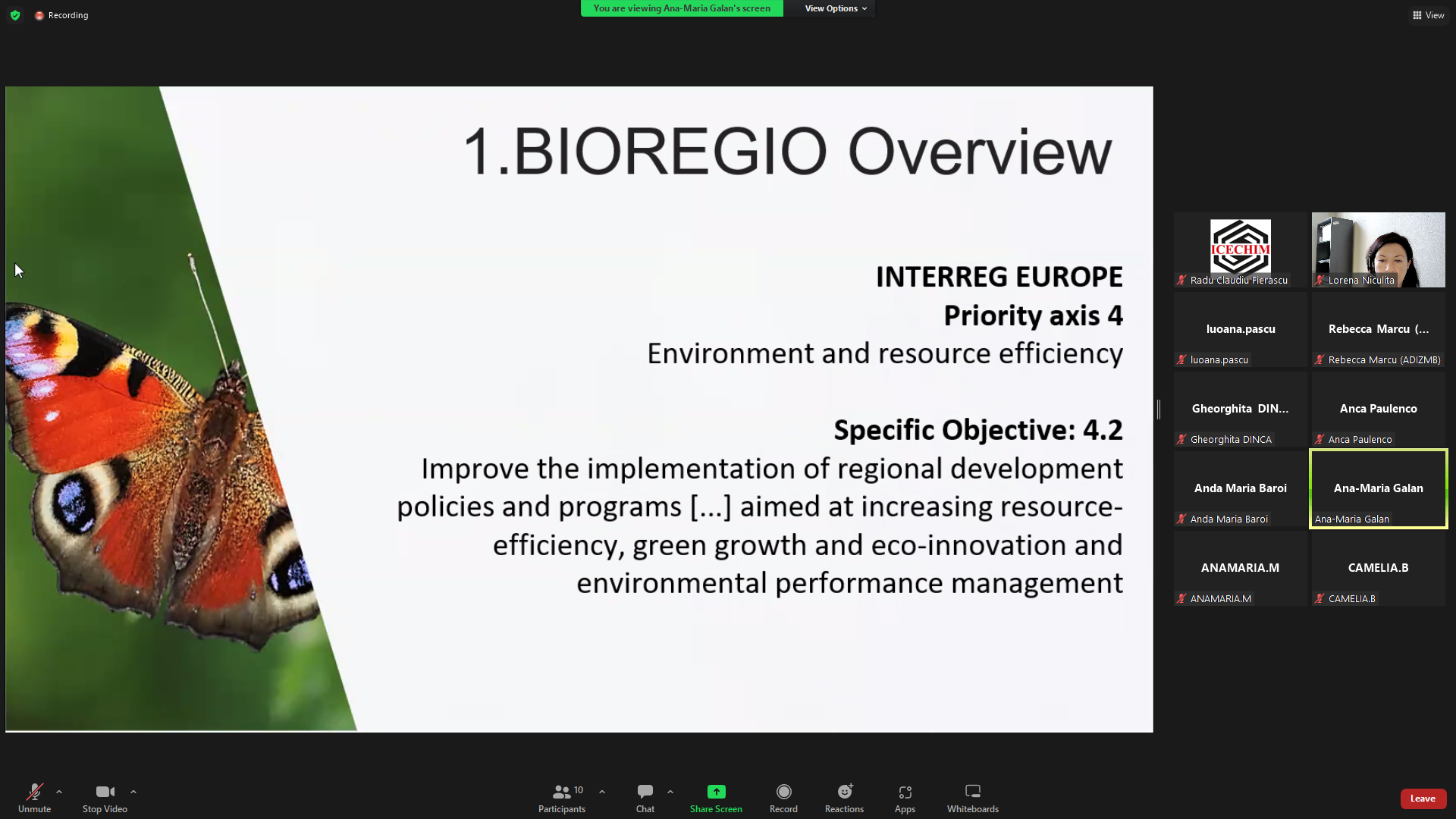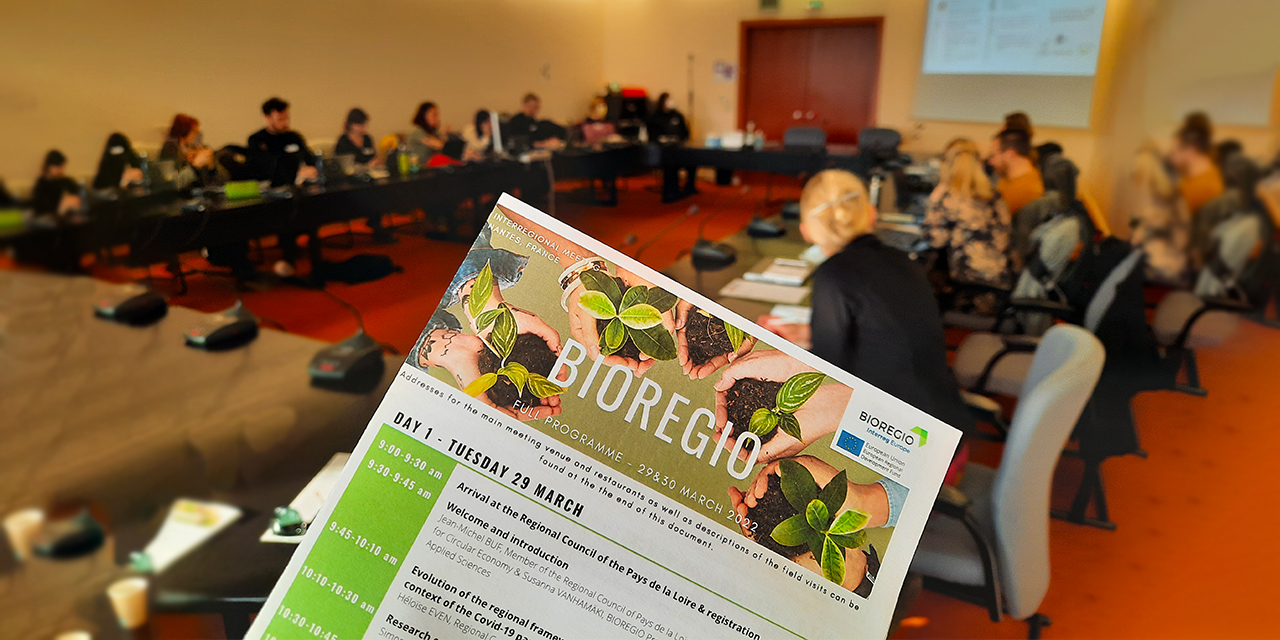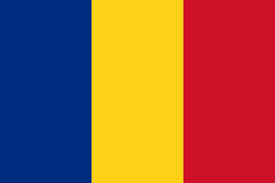The Finnish EU Presidency Event, European Days for Sustainable Circular Economy, was held in the Finlandia Hall, Helsinki from September 30th to October 1st. The international flagship event gathered almost 800 participants to discuss scientific and practical knowledge on a transition towards a more sustainable, low-carbon and climate-resilient circular economy.
During the opening speech, Jari Partanen, State Secretary to the Minister of Economic Affairs, Finland, pointed out that the transition toward the sustainable circular economy is a must though it won’t be easy. It requires a mindset change in designing products, production and business models.

Jari Partanen in his opening speech at the European Days for Sustainable Circular Economy event. Photo: Katerina Medkova
Antti Peltomäki, Head of Representation of the European Commission in Finland, emphasized that in 2016, only 12% of resources in Europe has been recirculated or reused, giving a huge room for improvement, especially in terms of finding an economic model that would be sustainable and would truly keep the material value in Europe. He emphasized the importance of a strong commitment of all stakeholders in the value chain.
In the panel discussion, Willem Jonker, EIT Digital, pointed out the potential of artificial intelligence for a circular economy in terms of sustainable delivery and pick up system in a city, by asking when dedicated lanes for robots will exist, in addition to the existing lanes for cars, bikes and pedestrians.
In his closing speech, Jyrki Katainen, Vice-President of the European Commission, Jobs, Growth, Investment and Competitiveness, brought attention to the new eco-design measures for products such as refrigerators, washing machines, and televisions recently adopted by the European Commission. For the first time, the measures include requirements for repairability and recyclability. Katainen mentioned that, by 2030, these measures can bring annual energy savings equal to Denmark’s annual energy consumption. This translates into €150 saving per year on average for European households.
BIOREGIO at Poster Session
During the event, a poster session was organized on several themes. BIOREGIO took the opportunity to present the project outcomes related to a systemic change in the national and regional circular economy transition. BIOREGIO, an Interreg Europe project, aims to boost the bio-based circular economy by improving related regional policies through a transfer of expertise between partner regions.

Participants of the EDSCE19 exploring BIOREGIO poster. Photo: Susanna Vanhamäki
Summary
The event offered a broad representation of issues as well as solutions from across Europe related to the systemic transition towards a sustainable circular society and industry. The keywords repeatedly mentioned were innovation, open mindset, holistic approach and systemic change, and the considerable role of digitalization and artificial intelligence in the circular economy. As Peltomäki mentioned, “sustainability should remain the compass for the future”.
The article was originally published in the LAMKgreen blog on 17.10.2019, you can read it here.
